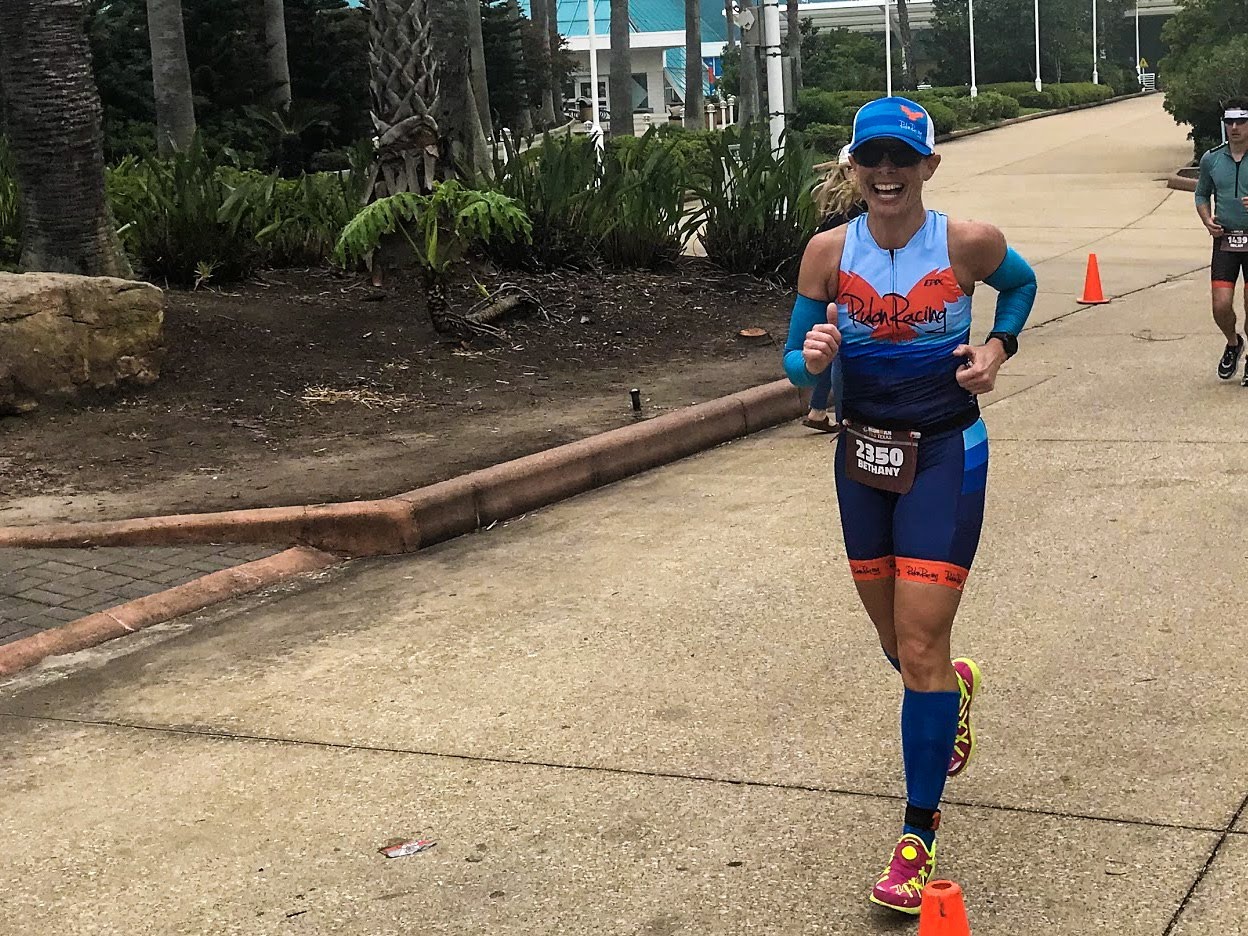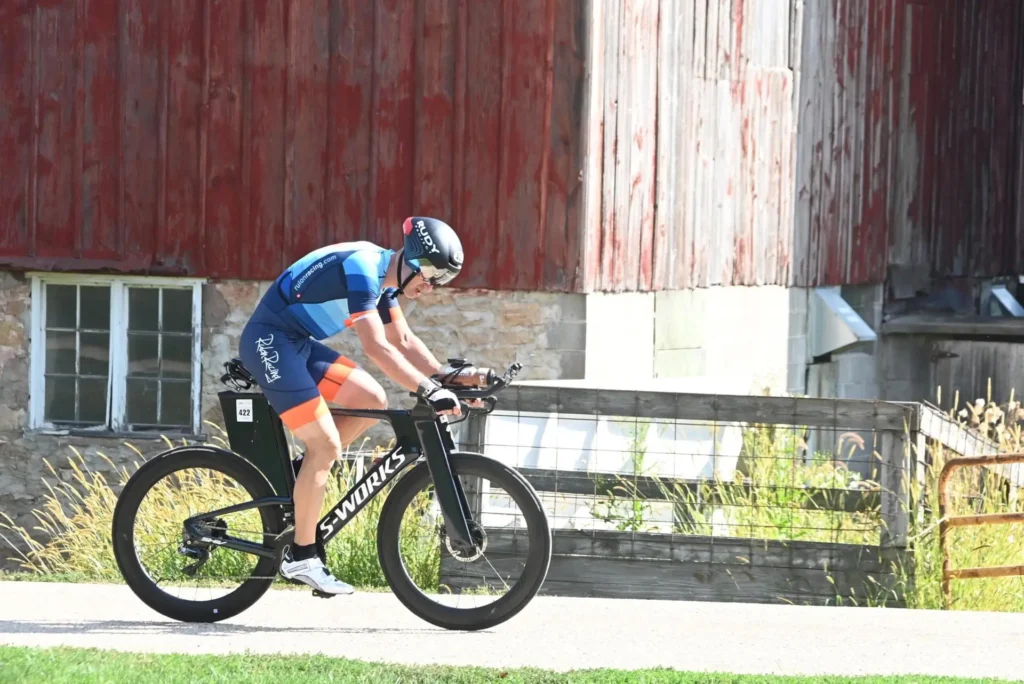
An Ironman 70.3, often referred to as a “Half Ironman,” is a middle-distance triathlon that challenges both your endurance and strategy.
A 70.3 Ironman (Half Ironman) is a challenging endurance race, typically taking between 4.5 and 7 hours to complete. Your nutrition strategy is crucial to sustaining energy and avoiding fatigue. Let’s break down the essentials to ensure your nutrition plan is dialed in.
Your body needs calories after about 75–90 minutes of exercise. For a 70.3, this means you’ll need to consume energy consistently throughout the race. There are two primary approaches to race nutrition:


A well-thought-out nutrition plan can make or break your 70.3 experience. Keep it simple, test your strategy during training, and trust your body on race day. By dialing in your nutrition, you’ll give yourself the best chance to perform at your peak.
Looking for more? Stay tuned for our guide on Ironman Distance Nutrition!